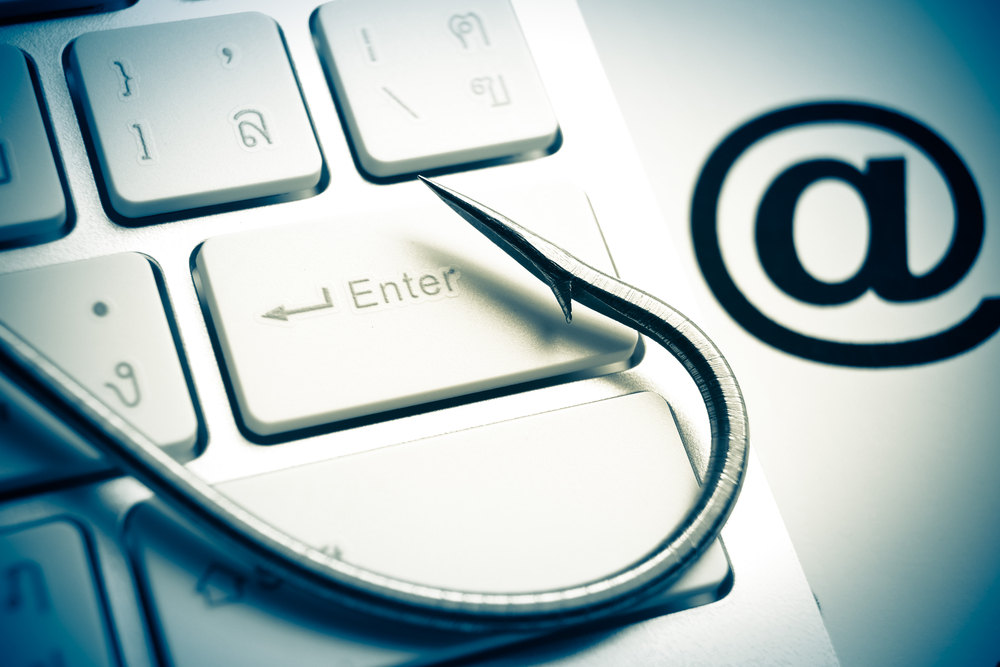Blog
Security Awareness Best Practices to Mitigate COVID-19 Scams & Hacks

Due to the heightened attention around the COVID-19 virus, attackers are extremely likely to take the opportunity to develop new attacks and leverage social engineering as a means to compromise networks. It is likely there will be an influx of phishing attempts around COVID-19. For example, an email subject line may refer to an announcement of a vaccine or some amazing statistic around the virus. If something seems unbelievable, it probably is. Before opening an email or clicking a link with this kind of information, try to review other channels such as Twitter, major news networks or official government websites. A simple Google search of the headline should tell you whether or not it is real.
Falsifying outbreak maps is another method attackers are exploiting to deliver malware. It’s critical to pause before reviewing these online resources. I ask that everyone keep their guard up not only as good practice, but because there are bad actors that are going to try and strike in the middle of this event.
The World Health Organization update site is: https://www.who.int/emergencies/diseases/novel-coronavirus-2019
The National Institute of Health update site is: https://www.nih.gov/health-information/coronavirus
On this topic, you are likely to be on home networks with your families or housemates much more over the next couple of weeks. It would be beneficial to mention the above to them as what they do could impact your work environment. If you have a computer on the network at your house that you know does not have antivirus installed, please advise the user to enable Windows Defender at minimum.
If you would like more information or have questions on security awareness, contact Thrive today.
